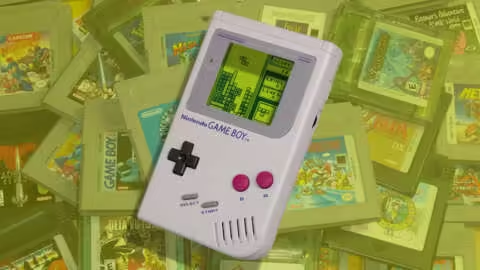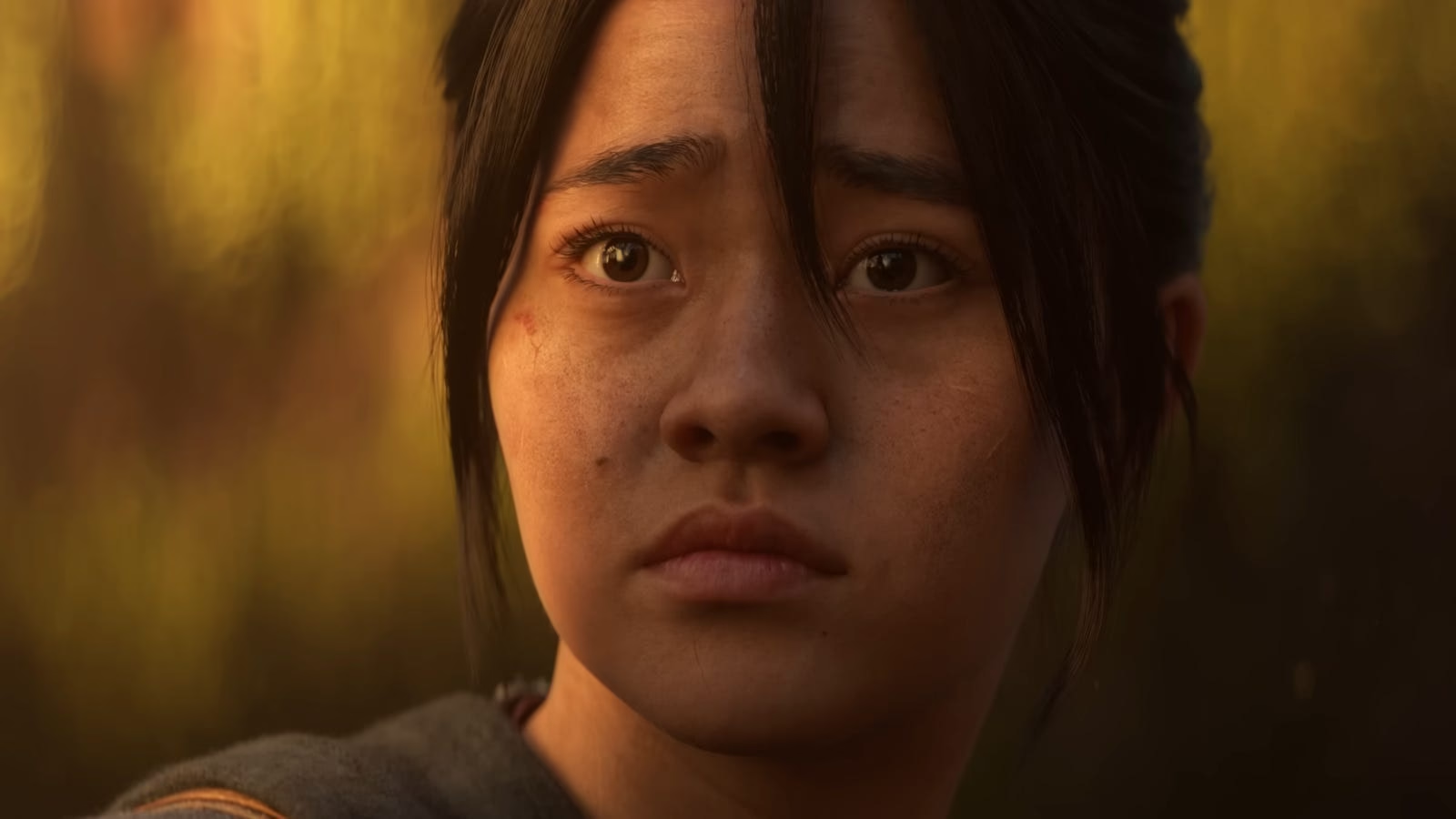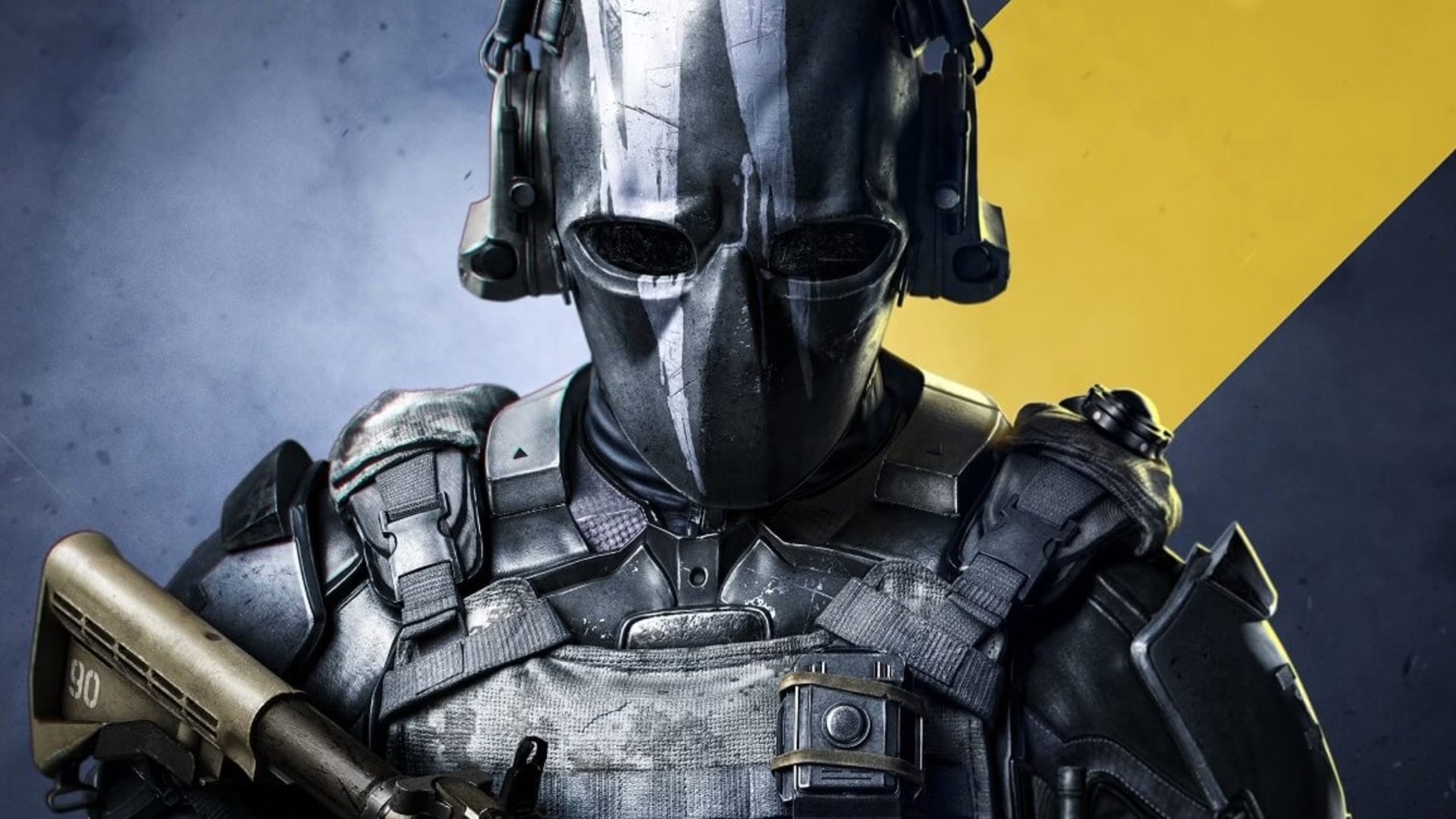35 Years Ago, The Game Boy Made Mainstream Gaming Just A Little Stranger
Estimated reading time: 2 minutes
The Game Boy is one of the most-successful gaming systems ever, having sold 118.69 million copies across all its variants (including the Game Boy Color). In Japan and the US, it was the first platform for one of the most-popular games of all time: Tetris. It launched the Pokemon franchise, which has since grown to massive proportions. And all of this combined to start Nintendo’s handheld empire. Nevertheless, the Game Boy appeared to have some drawbacks at first. It was small, if bulky. It was deliberately less advanced than its handheld competitors at the time. Its limited color palette and sound board meant it had to lean on careful, deliberate abstraction. In other words, to be legible, exciting, and appealing, the Game Boy had to get weird. It was an outsider. And on the outside, strangeness flourishes.
Perhaps the best example of this weirdness is The Legend of Zelda: Link’s Awakening. The game was originally an after-work project to port A Link to the Past to the Game Boy, as there was no intention to create an original Zelda title for the system. Eventually, the project flourished into a full, unique game of its own. Director Takeshi Tezuka even described the game as a “parody” of Zelda games proper.
That statement undersells the game’s relentless strangeness. One of the game’s explicit inspirations was Twin Peaks, which broadcast in Japan in 1991. Twin Peaks co-creator Mark Frost even met with Nintendo to discuss the television show and bringing its sensibilities to video games, something we only discovered this year. Link’s Awakening borrows the idea of a small town with a surreal populace, though it cranks the absurdity up from . Link is far away from Hyrule, having crash-landed on the mysterious island of Koholint. The game’s initial hours play as a comedy where, in attempting to find a way off the island, Link must help the town’s inhabitants live their lives. He walks their pets, shops for them, and does the more regular Zelda activities of solving puzzles, braving dungeons, and fighting bosses.









